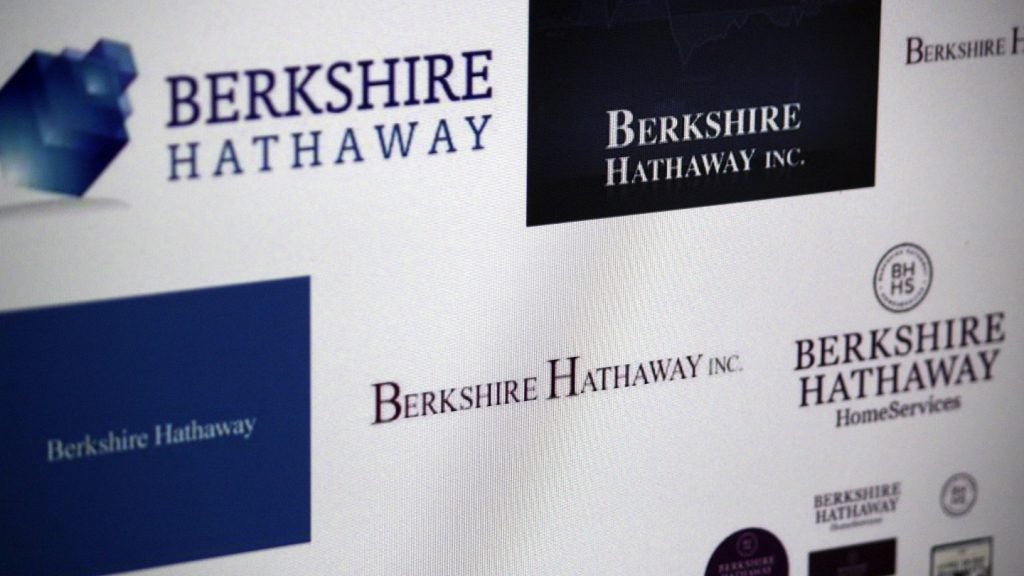New York Attorney General Andrew Cuomo’s announcement in July
that he had launched a fraud investigation into the withholding of
proceeds of policies of deceased military personnel and veterans
(see LII
250) by certain life insurers continues to make waves.
The practice involves placing
policy proceeds into retained asset accounts (RAA) controlled by
the insurer. Cuomo asserts that this enables insurers to “pocket
hundreds of millions in profits” that belong to beneficiaries.
According to US financial media group Bloomberg, US
insurers hold a total of some $28bn in RAAs.
Insurers under investigation
include Prudential Financial, MetLife, Genworth Financial, Unum
Group, New York Life, Guardian Life and Northwestern Mutual.
One of the strongest reactions to
RAAs has come from the National Conference of Insurance Legislators
(NCOIL), which has published the draft of what it terms the
Beneficiaries’ Bill of Rights. The model legislation followed
Senator Robert Damron’s call to NCOIL to provide guidance for the
44 states that do not regulate the use of RAAs.
Damron said in a statement: “Though
these accounts may have existed for decades, we have learned during
this recent financial crisis that we can not always take accepted
practices at their face value and that even time-honoured customs
can be like minefields – embedded with danger.”
He explained that the NCOIL model
would forbid insurers from using RAAs as a default method of paying
death benefits and require that beneficiaries opt in to allow use
of such accounts.
How well do you really know your competitors?
Access the most comprehensive Company Profiles on the market, powered by GlobalData. Save hours of research. Gain competitive edge.

Thank you!
Your download email will arrive shortly
Not ready to buy yet? Download a free sample
We are confident about the unique quality of our Company Profiles. However, we want you to make the most beneficial decision for your business, so we offer a free sample that you can download by submitting the below form
By GlobalData“The legislation would mandate that
insurers using RAAs provide clear and comprehensive disclosure
about beneficiaries’ policy options and would require the specific
disclosure that beneficiaries can write one single cheque to access
the entire death benefit,” said Damron.
Concern relating to RAAs has been
expressed by the Federal Deposit Insurance Corporation (FDIC) which
insures bank customers’ deposit accounts. RAAs are not FDIC insured
but are covered by state insurance guaranty funds that provide
protection of at least $250,000 per account in most states.
FDIC chairwoman Sheila Bair said in
a letter to the National Association of Insurance Commissioners
(NAIC) that insurers using RAAs must explain to policyholders and
beneficiaries at the time of the policyholder’s death that RAAs are
not FDIC insured.
The NAIC has announced that it will establish a working group to
examine life insurance claims settlement practice involving the use
of RAAs.







